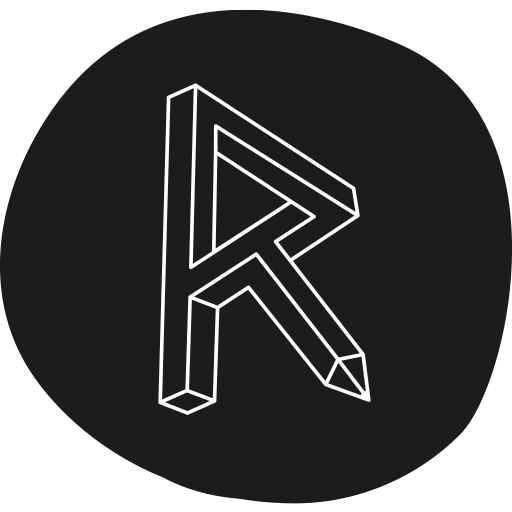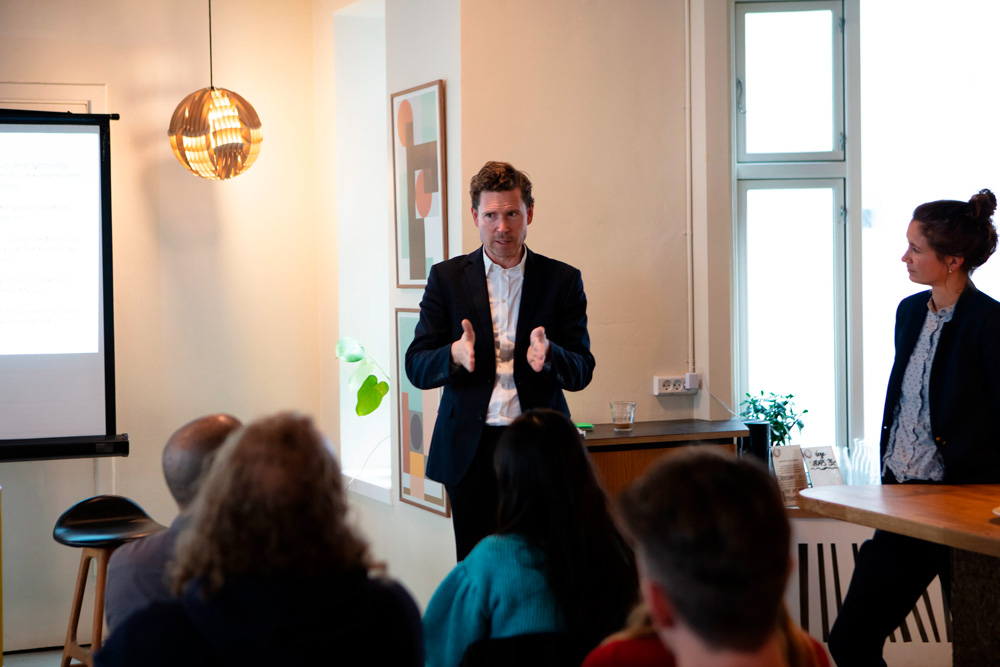“Republikken Talks” examines and shares how different businesses and entrepreneurs overcome and adapt to a world post the Covid-19 pandemic lockdown. From Bloom — festival on science and ideas — festival leader Svante Lindeburg discussed the positive impact Covid-19 had on Bloom.
Bloom is a relatively new festival, created in 2015 from a wish to bring science and nature onto the agenda of modern life. To be a place where knowledge, facts and nature are both welcomed, expressed and shared. In part to articulate two of the hottest subjects in science today: Climate change and loss of biodiversity. The festival aims to do so through speeches, talks and workshops with artists, experts, philosophers and scientists. Before Covid-19 Bloom was thought to be an annual live two-day festival that took place in Søndermarken, Frederiksberg every summer.

Photo: Oskar Cornelius
As opposed to most festivals, Bloom is (and was) not dependent on ticket sales as revenue. The festival is free to attend and 100% sponsored by foundations that support the idea and ideology behind Bloom as an educational voice and modern source of enlightenment.
Bloom 2019 was visited by 10.000 people.
“At the time it became clear that Bloom 2020 wasn’t going to happen, we had to sit down and re-think how and what Bloom was going to be. We already had thoughts about expanding into the digital world, and Covid-19 so to say accelerated the process.
From the beginning we decided to not do live streams, instead we wanted to create a new narrative and a more sensory experience. We wanted to create something that would give people the same feel and food for thought, as our large festival in Søndermarken had. As our mission wasn’t to create revenue, we could work with different options to get a new vision of Bloom realised.
Our first part of the new Bloom experience was Bloom Explore. It’s Blooms digital universe, where we have tried to recreate the same feel from our festival in Søndermarken. We shot all the scientists and speakers we had booked in 2 days and received music, essays etc. from our artists to put together an online version of the Bloom universe.

Photo: Oskar Cornelius
The second part of the new Bloom were small pop-up live events, which were in line with the then current government Covid-19 guidelines. Wanderlust (a nature walk with a guide and picnic basket for small groups in Søndermarken), Weekend Under the Oak (a weekend with talks and performances in front of an audience placed on Covid-19 friendly spaced out blankets) and co-operations with Louisiana Museum of Modern Art and the Royal Theatre. After the restrictions started to lift, we also did a live festival for 1000 paying guests in Geopark Odsherred (Summer Bloom) with talks, workshops, music and food. It was a success and sold out.
All of our pop-up events were catered towards keeping our audience, our guests happy by offering live versions of Bloom.
The accelerated development which started in the spring of 2020, means that Bloom today is more — or something else than it was in 2019. We now have a 356 days a year presence with more collaborators and more events, than the original 2 days Festival in Søndermarken. Are we are festival or a platform or something completely new — honestly we don’t know and we are about to find out. We are currently discussing how Bloom will look in the future, if we are keeping all the new initiatives — the pop-ups and the film productions with the big yearly festival. And if we do, how should the hierarchy be between the festival, the films and the pop-ups. The possibilities covid-19 opened for us have led us to grow and explore new territory.

